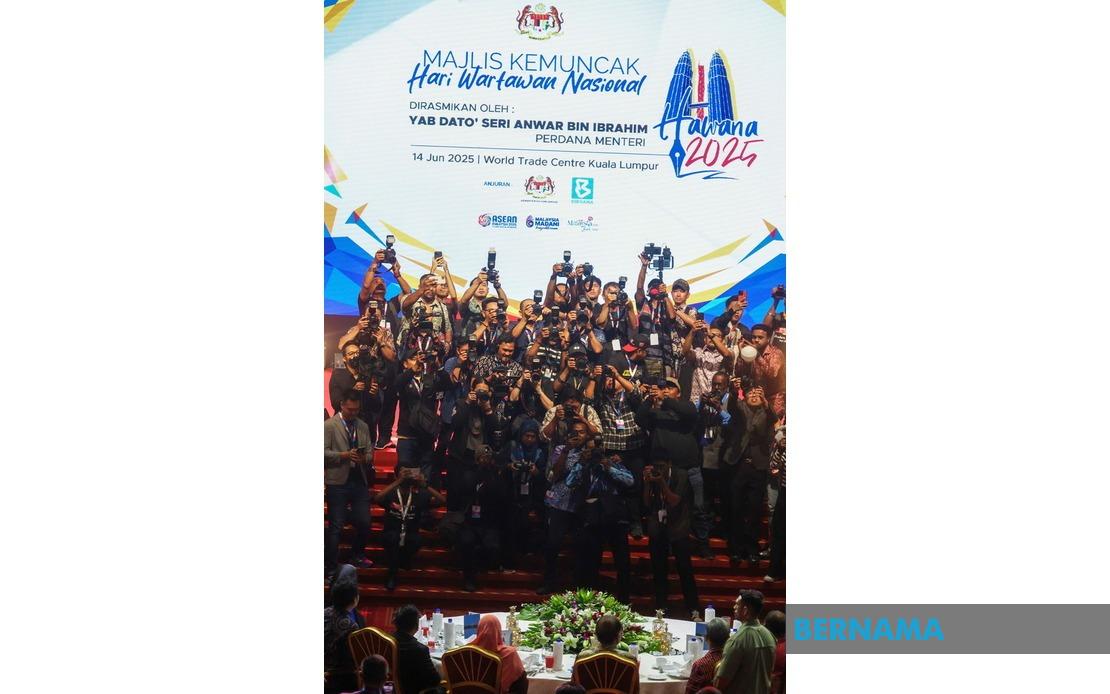ASEAN EMERGES AS MAJOR EXPORT MARKET FOR SOUTH KOREA AMID GLOBAL TRADE WAR

SEOUL, June 15 (Bernama-Yonhap) -- South Korea's exports to the Association of Southeast Asian Nations (ASEAN) countries are on the rise, helping offset recent drops in shipments to the United States (US) and China amid a global trade war sparked partly by the US' evolving tariff policies, data showed Sunday.
Yonhap News Agency reported that outbound shipments to the ASEAN region came to US$47.88 billion in the January-May period, up 4.3 per cent from the same period last year, according to data compiled by the Korea International Trade Association (KITA).
Over the same period, South Korea's exports to the US went down 4.3 per cent as effects of the Donald Trump administration's tariff policies began to materialise, while shipments to China dropped 5 per cent.
In February, exports to ASEAN economies recorded US$9.56 billion, surpassing monthly shipments to China, which stood at US$9.5 billion, for the first time in 23 years.
Shipments to ASEAN exceeded those to China again in March, at US$10.26 billion to US$10.06 billion.
In May, exports to the US decreased 8.4 per cent on-year to US$10.05 billion, while those to China contracted 8.1 per cent to US$10.4 billion due to the effects of the Trump administration's sweeping tariff policies. Shipments to ASEAN fell 1.3 per cent to US$10 billion in the month.
The Korea Trade-Investment Promotion Agency (KOTRA) earlier named ASEAN countries as favourable export destinations for South Korea this year amid the global trend to lower supply chain dependence on China, rapid growth of the digital economy and the expansion of middle-class households in the region.
Promising export items to the region include semiconductors, electronics, home appliances, robots, EV battery parts, renewable energy facilities and others, according to KOTRA.
"Amid the decoupling between the US and China, China is increasingly working to expand its presence in the ASEAN market. ASEAN will become a more important market in the future with the US, too, shifting its source of imports from China to ASEAN," said Austin Chang, president of the institute for international trade under KITA.
-- BERNAMA-YONHAP




